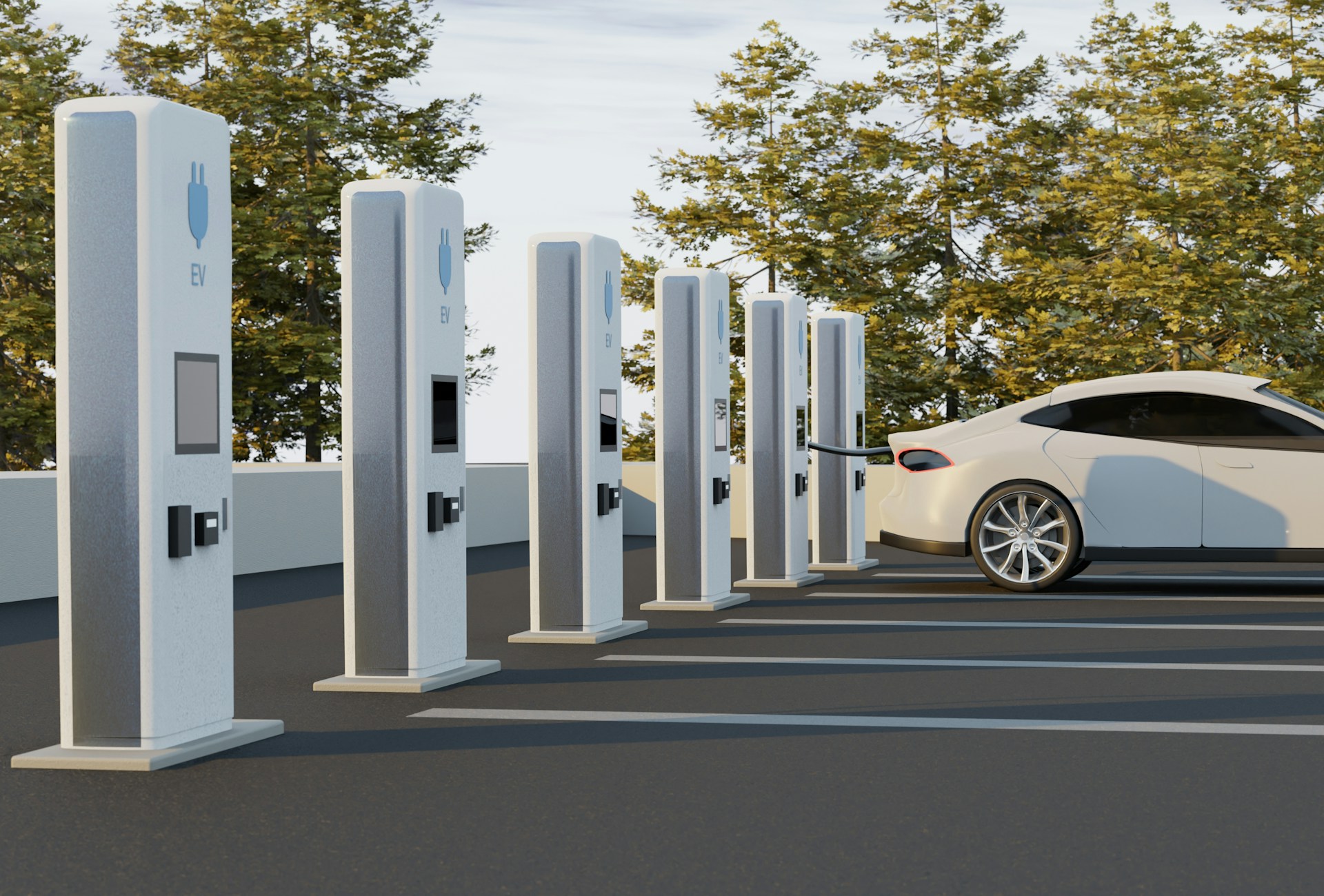Science & Tech
Electric Vehicles Copper Demand Exceeds Global Mining Capacity

Clear Facts
- A recent study from the University of Michigan indicates that the current rate of global copper production cannot meet the increasing demand for the metal, particularly for the implementation of electric vehicles (EVs).
- The investigation reveals that an EV requires up to five times more copper than traditional vehicles, in addition to the copper needed for electricity grid upgrades.
- To meet the copper demands for the electrification of the global vehicle fleet, about six large copper mines must be operational each year over the next several decades, with around 40% production from these new mines required for EV-related grid upgrades.
In the journey towards a sustainable future, electric vehicles’ transition has been celebrated as a significant part of this green shift. However, a recent University of Michigan study, ‘Copper Mining and Vehicle Electrification’, presents a substantial obstacle in this endeavor.
Copper, a key element in electricity generation, distribution, and storage, is critical to the successful implementation of policies promoting the adoption of EVs. However, current copper production rates are falling short of the anticipated demand for the metal in the coming years.
Global data indicates that there are more than 709 operational copper mines worldwide. Despite the seemingly substantial output, with the largest mine in Chile expected to produce an estimated 882,100 tons of copper in 2023, the rapid pace of global electrification is eclipsing the mining industry’s capacity to keep pace.
The authors of the study affirm,
“We show in the paper that the amount of copper needed is essentially impossible for mining companies to produce.”
One of the reasons for this shortfall is the sheer volume of copper required in electric vehicles. An EV needs three to five times more copper than conventional gasoline or diesel cars. This is in addition to the copper needed for upgrades to the electricity grid.
Professor Adam Simon from the University of Michigan observed,
“A normal Honda Accord needs about 40 pounds of copper. The same battery electric Honda Accord needs almost 200 pounds of copper.”
The study also highlights the forthcoming challenges. It analyzed 120 years of global copper production data and predicted copper production for the rest of the century. This forecast was then compared with the projected copper requirements for the US electricity infrastructure and vehicle fleet’s transition to renewable energy.
The conclusions were striking. Renewable energy’s copper needs would surpass the current production capacity of copper mines. To meet current copper needs without considering the green energy transition, the world will need to mine 115 percent more copper than has been mined in all of human history up until 2018.
Additionally, to meet the copper demands of electrifying the global vehicle fleet, six new large copper mines would need to be operational each year over the next several decades. Around 40 percent of the production from these new mines would be required for the grid upgrades linked to EVs.
In light of these findings, the study suggests a different course of action. Instead of aiming for the full electrification of the entire US fleet of vehicles, focusing on manufacturing hybrid vehicles might be more feasible.
Professor Simon noted,
“We know, for example, that a Toyota Prius actually has a slightly better impact on climate than a Tesla. Instead of producing 20 million EVs in the US and, globally, 100 million battery EVs each year, would it be more feasible to focus on building 20 million hybrid vehicles?”
This disclosure poses a significant challenge to the unwavering pursuit of a green future. While the benefits of electric vehicles are undeniable, the practicality and feasibility of their implementation need to be carefully considered. The reality of resource limitations should influence our strategic decisions in our quest for a sustainable future.
Let us know what you think, please share your thoughts in the comments below.

Robert Breglio
May 31, 2024 at 6:42 pm
This mad rush to electrify cars ad trucks is going to leave us all in the dark in the not too distant future. Without China and India sharing our goals [they are madly building coal plants for electricity], all that is going to happen is that those nations will surpass us when our electric grid collapses from trying to squeeze too much electricity out of it.
Get those other nations on board before we cut our own throats.
Duane R Durns
May 31, 2024 at 6:45 pm
Good ‘ol common sense strikes again!
Robert Joseph Swartz
May 31, 2024 at 7:15 pm
Personally I want to continue driving my diesel pickup. but I would go along with a hybrid rather than total electric. Living in the northeast total is not the way to go. Anothe option to consider is using hydrogen it is clean.
Mechanic and former miner
May 31, 2024 at 11:07 pm
Just how many hydrocarbons do you think are going to be used in the final production of bringing this to happen? Why is this best for something that will be sitting on the shoulders of the highway waiting for a recharge?!!!!!! Do the math it will never be cost effective to appease a few that are clueless about how things are produced!!!
Brenda
June 17, 2024 at 2:56 am
Not only is it not cost effective, it’s not really, due to production, good for the environment either. You know what it is good for?, lining some people’s pockets.
CharlieSeattle
August 3, 2024 at 7:53 pm
Details, details, agenda trumps reality!